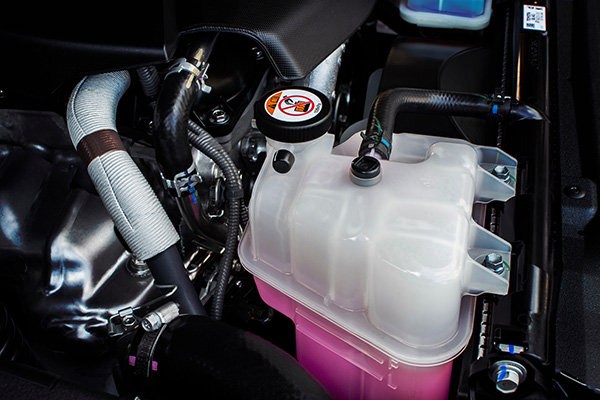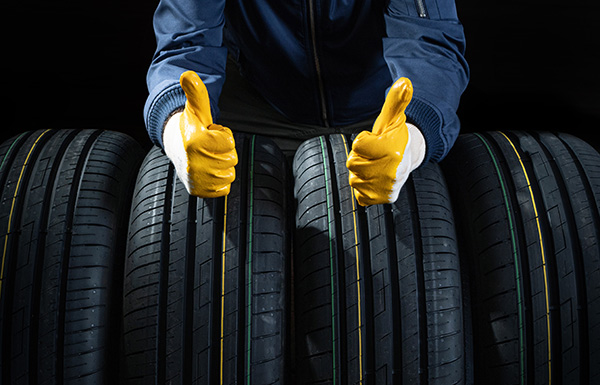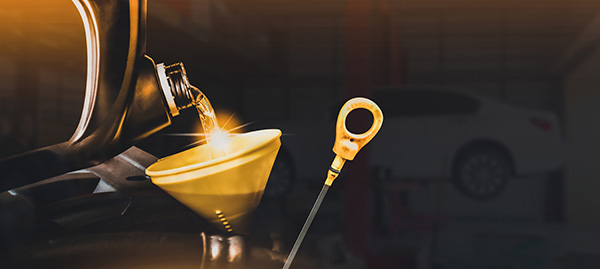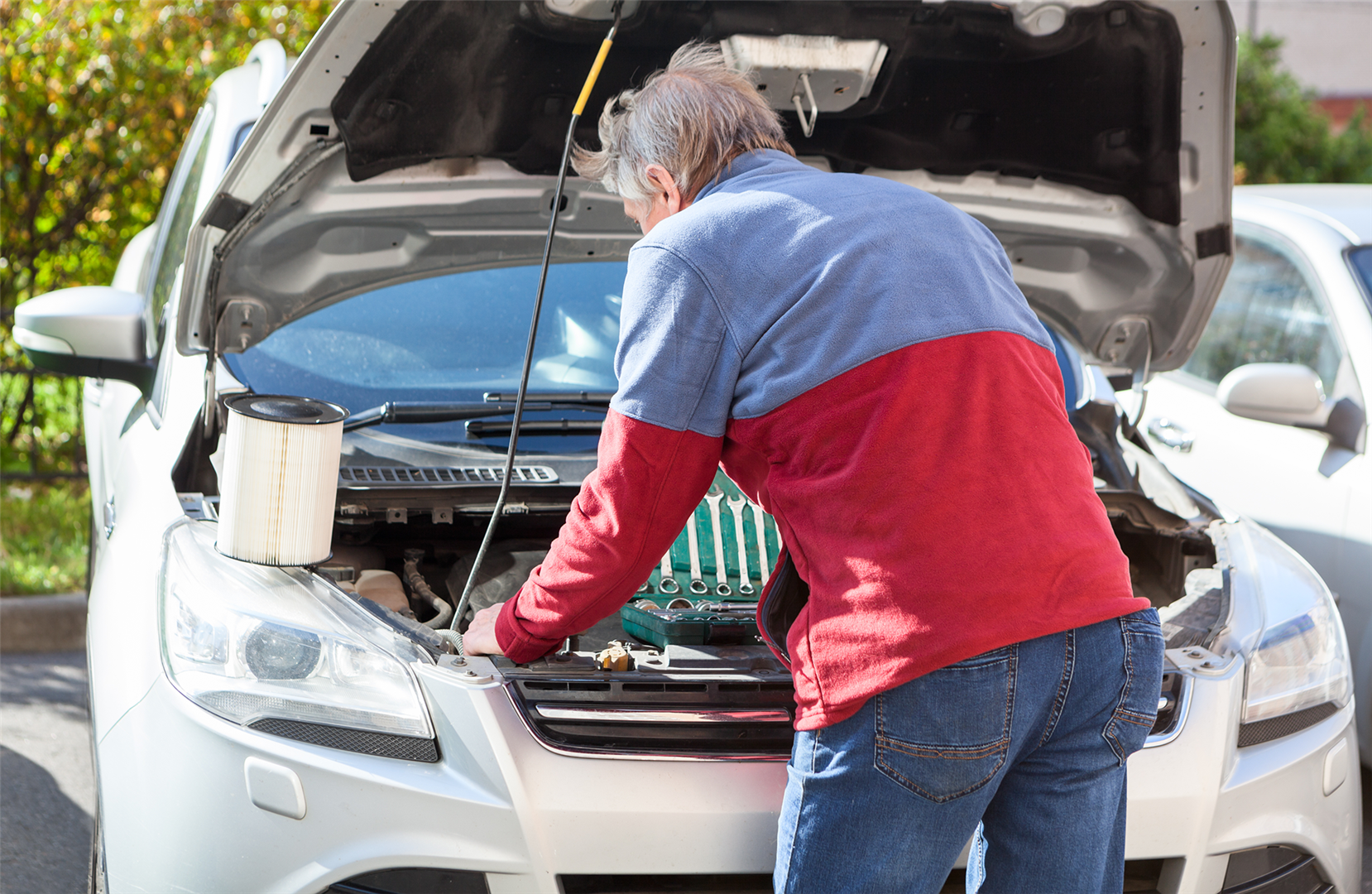Posted on 1/30/2026

Coolant is one of those fluids people rarely think about until there is a temperature problem. The car is not overheating, the heater works, and there are no puddles under the vehicle, so it feels easy to assume the coolant is fine. The problem is that coolant ages even when everything seems normal. It can slowly lose its protective additives, and that can lead to corrosion, buildup, and cooling system wear that shows up later as leaks, heater issues, or overheating. A coolant flush is not always needed right now, but it is often necessary on a regular schedule. What Coolant Actually Does Besides Prevent Overheating Coolant does more than carry heat away from the engine. It also protects the inside of the cooling system from rust and corrosion. It lubricates parts like the water pump seal. It helps prevent mineral deposits and scale. It also raises the boiling point and lowers the freezing point, which matters in both hot summers and cold winters. When coolant is f ... read more
Posted on 12/19/2025

Electric cars feel smooth and quiet from the driver’s seat, so it is easy to forget how hard they lean on their tires. Extra weight, instant torque, and the way EVs brake all pile on more stress than a similar gas vehicle. That is why tire companies build EV specific rubber instead of just reusing the same old designs with a new label. How Electric Vehicles Stress Tires Differently EVs carry heavy battery packs, so the vehicle weight is usually higher than a comparable gas model. More weight means each contact patch between tire and road is working harder every time you accelerate, brake, or corner. That extra load is a big part of why tire choice matters. Electric motors also deliver maximum torque immediately. When you pull away from a stop, the tires feel that surge right away instead of gradually. If the tire compound is not designed for that kind of hit, the tread can scrub away faster, especially on the driven axle. Why EV Tires Use a Different ... read more
Posted on 11/28/2025

Choosing motor oil affects engine cleanliness, wear protection, and cold starts. Marketing can be loud, but the right answer depends on driving style, climate swings, and the approvals your vehicle calls for. Here is a clear guide to help you pick confidently at your next service. Why Motor Oil Choice Is So Important Oil does three jobs at once: it lubricates moving parts, carries away heat, and suspends contaminants so the filter can trap them. Detergents and dispersants keep varnish from baking onto hot surfaces. Anti-wear and anti-oxidation additives form a protective film when metal tries to touch metal. Pick an oil that holds its viscosity when hot, pumps quickly when cold, and resists breakdown over the interval the manufacturer intended. What Conventional Oil Offers Today Conventional oil starts as refined crude. Modern refining removes many impurities and pairs the base stock with a strong additive package. It works well for steady commut ... read more
Posted on 11/24/2025

Holiday Pre-Trip Inspection at Tom’s Auto Center As the holiday season approaches, many families begin planning trips to visit relatives, enjoy winter activities, or get away for a well-deserved break. With travel plans already taking shape, this is the perfect time to make sure your vehicle is ready for the miles ahead. At Tom’s Auto Center, our goal is to help you enjoy a safe, smooth, and worry-free holiday journey. One of the best ways to do that is by scheduling a Holiday Pre-Trip Inspection — $189.76 before the roads get busy. Why Schedule Early? November and December are some of the busiest times of the year for travel and auto repair. By planning ahead, you can avoid: • Last-minute breakdowns • Long shop wait times • Stressful delays right before your departure • Finding out about an issue when it’s too late to fix it A simple inspection gives you peace of mind and allows you to address small concerns before they turn into bigge ... read more
Posted on 10/31/2025

When temperatures drop, it's common to see cars idling in driveways on frosty mornings. Many drivers believe that warming up the engine is essential before hitting the road. But is that still true with modern vehicles? The answer depends on how you define "warming up" and what you're trying to protect. Let’s look at the facts and clear up a few common misconceptions. What Warming Up an Engine Actually Means Decades ago, carbureted engines required time to warm up because fuel delivery wasn’t computer-controlled. In those vehicles, a cold engine ran rough and could stall if driven too soon. Modern engines, however, use electronic fuel injection systems that adjust the air-fuel mixture automatically. That means they’re able to start and run in cold weather with much greater efficiency. But while modern engines don’t need to idle for 10 minutes before driving, they still benefit from a brief warm-up, just enough to allow oil t ... read more